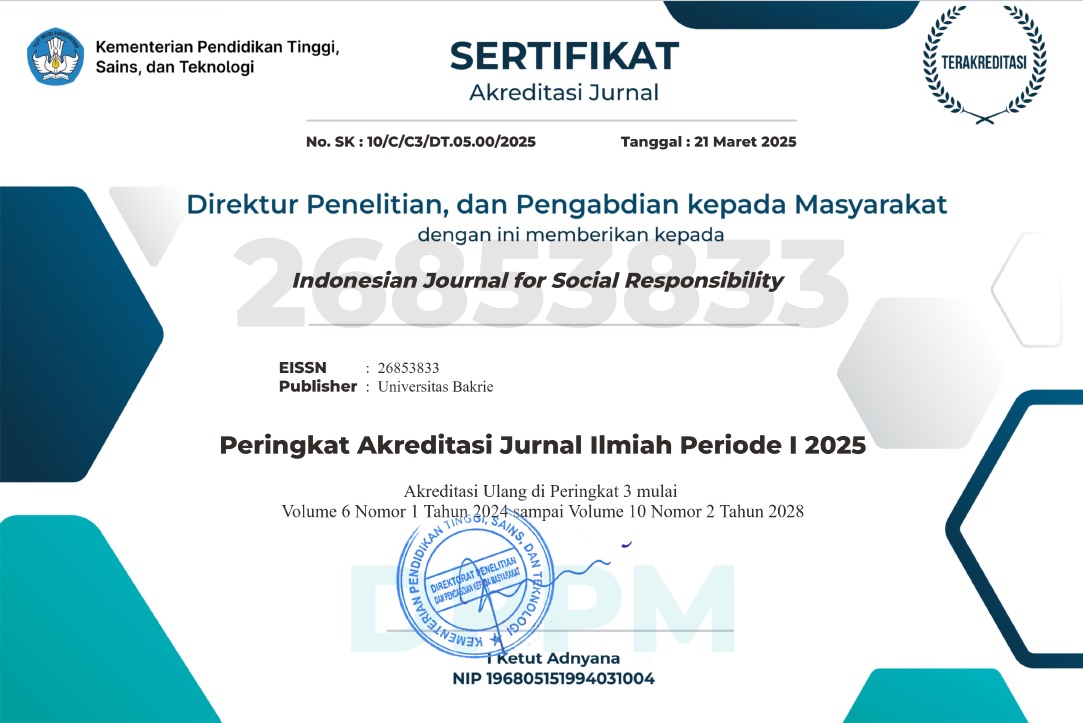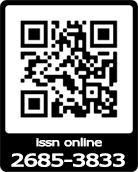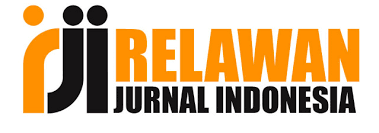Pengembangan Ekonomi Masyarakat Melalui Pembuatan WA Group Bisnis dalam Meningkatkan Pemasaran Ibu-Ibu di Perumahan Puri Depok Mas, Depok
DOI:
https://doi.org/10.36782/ijsr.v3i1.80Keywords:
Business Communities, Cluster Area, MSMEs, Small Businesses, WA GroupAbstract
Economic activities in society during this pandemic need to be increased. Among them is by moving the economy from small community groups in residential areas. There is a huge opportunity for economic activity in today's residential areas, especially after the government adopted the PSBB (Large-Scale Social Restriction) policy, which in the end, many community activities were transferred to their respective areas of residence. This is an opportunity for the surrounding community to build their economic passion. One of the strategies is to create a forum in order to improve marketing, increase capabilities through knowledge sharing sessions and rotate the economy between people. The activities carried out in this service area by creating a business community in the WhatsApp group (WAG) platform and managing the business activities in it. There are approximately 226 residents of the Puri Depok Mas (Depok) cluster area who are members of this community. PDM Market Partners, which are business communities in the cluster area, have been established since the pandemic, with members as members of sellers and buyers. Sellers are dominated by new businesses, some of which were established during the pandemic. With the existence of a business community through this WAG, it can accommodate all the needs of the seller with regard to the scope of his business and to the buyer for the goods he needs.
Downloads
References
Cempaka, L., Rizki, A.A., & Asiah, N. (2019). Knowledge, Attitudes and Practices Regarding Food Hygiene and Sanitation of Food Street Handlers in The Public Elementary School, At Greater Jakarta, Indonesia. Asia Pacific Journal of Sustainable Agriculture Food and Energy (APJSAFE), 7 (2), 1-8.
Hadiwardoyo, W. (2020). Kerugian Ekonomi Nasional Akibat Pandemi Covid-19). Baskara: Journal of Business & Entrepreneurship Universitas Muhammadiyah Jakarta, 2(2), 83-92.
Jauhari, J. (2010). Upaya Pengembangan Usaha Kecil dan Menengah (UKM) dengan Memanfaatkan E-Commerce. Jurnal Sistem Informasi (JSI), 2 (1), 159-168.
Magdalena, H., & Ellyani, W. (2017). Strategi Memanfaatkan E-Commerce dalam Memasarkan Makanan Khas Bangka (Studi Kasus: Aneka Citra Snack). Cogito Smart Journal, 3(2), 286-298.
Marpaung, J. (2018). Pengaruh Penggunaan Gadget Dalam Kehidupan. Jurnal Kopasta, 5(2), 55-64.
Nasution, D. A. D., Erlina, E., Muda, I. (2020). Dampak Pandemi Covid-19 terhadap Perekonomian Indonesia. Jurnal Benefita, 5(2), 212-224.
Prapti, R. L. & Rahoyo. (2018). Dampak Bisnis Kuliner Melalui Go Food Bagi Pertumbuhan Ekonomi di Kota Semarang. Dinamika Sosial Budaya, 20, 120-133.
Setiawan, T. F., Suharjo, B., & Syamsun, M. (2018). Strategi Pemasaran Online UMKM Makanan (Studi Kasus di Kecamatan Cibinong). Manajemen IKM, 116-126.
Suryadi, D. F., & Ilyas, M. I. F. (2018). Adopsi Online Food Delivery Service Bagi Wirausaha Pemula di Kota Makasar (Studi Kasus Pada Big Bananas). Prosiding Seminar Hasil Penelitian (SNP2M), 75-80.
Taufiq, R., & Jatmika, D. (2016). Masalah yang dihadapi Usaha Kecil Menengah di Indonesia. El-Ecosy, Jurnal Studi Ekonomi Syariah, 2(6).
Wahyuni, S. (2020). Analisis Dampak Keberadaan Go Food dan Grab Food terhadap Peningkatan Penjualan Usaha Kuliner [Skripsi]. Universitas Islam Negeri Sumatera Utara. Medan.
Wuryandani, D. (2020). Dampak Pandemi Covid-19 terhadap Pertumbuhan Ekonomi Indonesia 2020 dan Solusinya. Bidang Ekonomi dan Kebijakan Publik, Info Singkat, Kajian Singkat terhadap Isu Aktual dan Strategis. Pusat Penelitian Badan Keahlian DPR RI, 19-24.















